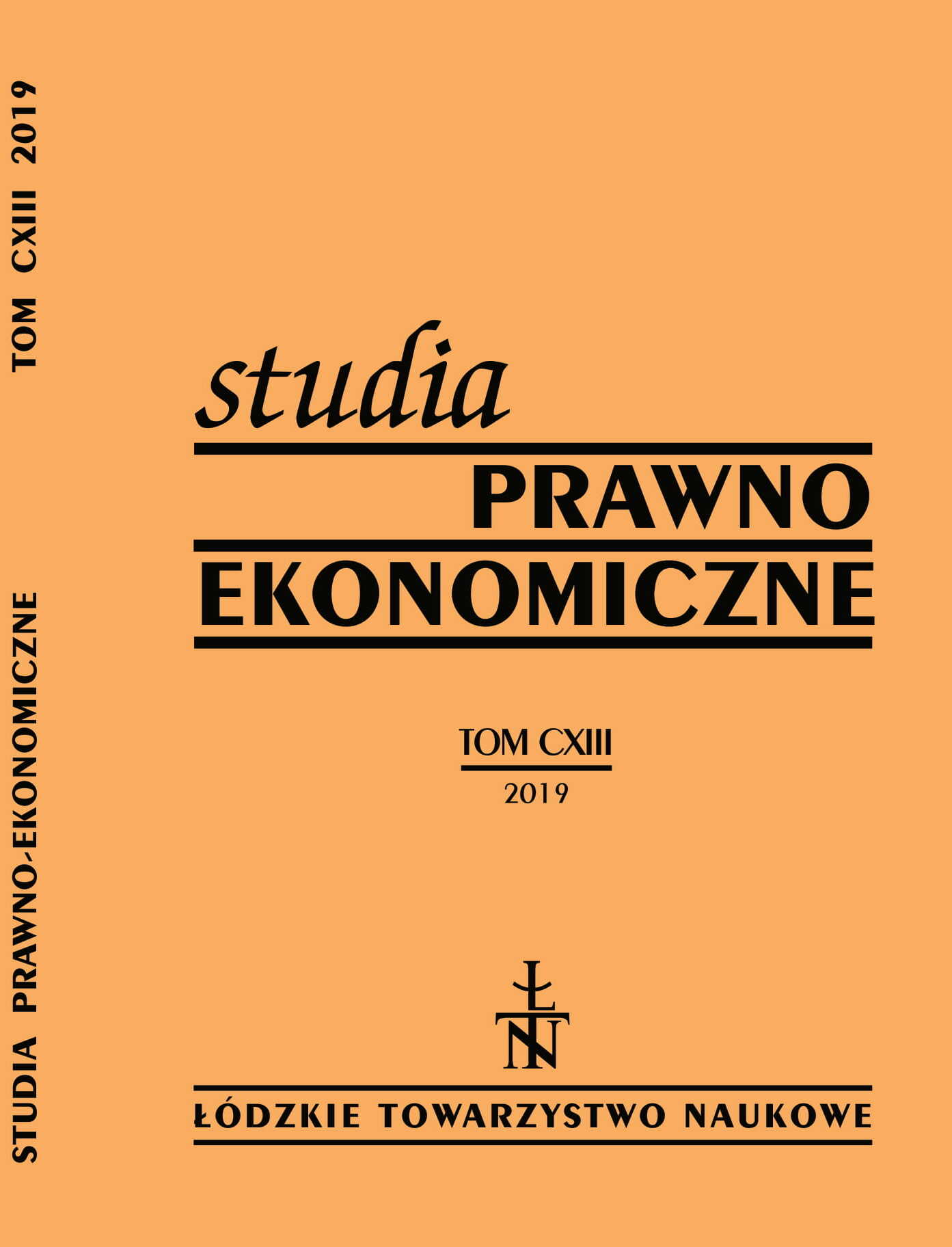Jeszcze w sprawie charakteru prawnego zadatku
More remarks on the legal nature of earnest money
---
Author(s): Krzysztof MularskiSubject(s): Civil Law, Law on Economics
Published by: Łódzkie Towarzystwo Naukowe
Keywords: interpretation of declarations of will; additional contractual stipulations; earnest money
Summary/Abstract: Background: The subject of the study was a selected aspect of the earnest money institution (Art. 394 of the Civil Code). Research purpose: The aim of the study was to respond to the thesis (arguments justifying the thesis) that the earnest money (giving thereof) is not a part of the declaration of intent in respect of which Art. 394(1) of the Civil Code (CC) establishes an apragmatic directive of interpretation, but a factual event which produces legal effects by virtue of the law itself pursuant to Art. 56 of the CC. The problem is not purely theoretical; the acceptance of one of the competitive stands affects the interpretation of Art. 394 of the CC, thus influencing the social consequences caused by the institution of the earnest money. Methods: The study was conducted with the use of dogmatic and legal methods, using tools of analytical philosophy (Soft Reconstructionism). Conclusions: It was found that arguments supporting the thesis that the act of paying advance money is a factual event proved to be inaccurate. Acknowledging the accuracy of some of the arguments in favour of the rejected thesis would force us to reject the concept of interpreting declarations of intent adopted in legal culture and, at least, to radically modify our understanding of the “declaration of intent”. This indicates that the arguments raised in the discussion on a specific legal institution can affect the entire system of civil law, the study of civil law and, subsequently, a wide range of social relations. The study also made it possible to criticize the wording of Art. 394 of the CC in the scope in which Art. 394(1) of the CC provides for “earnest money” given upon the execution of a contract. “The earnest money” as a name (or, actually, a predicate) cannot be “given” to anyone. What can be given is a certain thing (an object, a sum of money, a claim in non-literal meaning, etc.). Hence, the accurate wording of the regulation should be as follows: “[in] the absence [...] a thing given upon the execution of a contract (earnest money) means that [...]”.
Journal: Studia Prawno-Ekonomiczne
- Issue Year: 2019
- Issue No: 113
- Page Range: 117-137
- Page Count: 21
- Language: Polish

